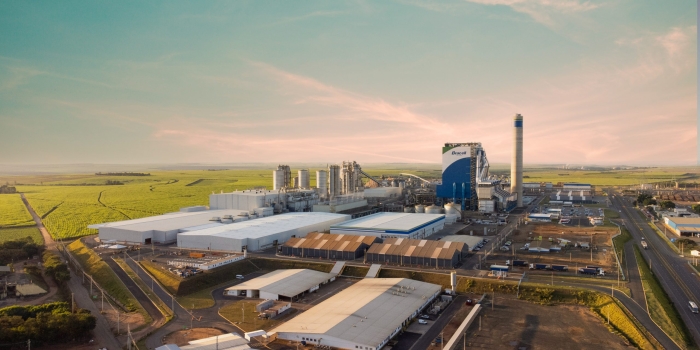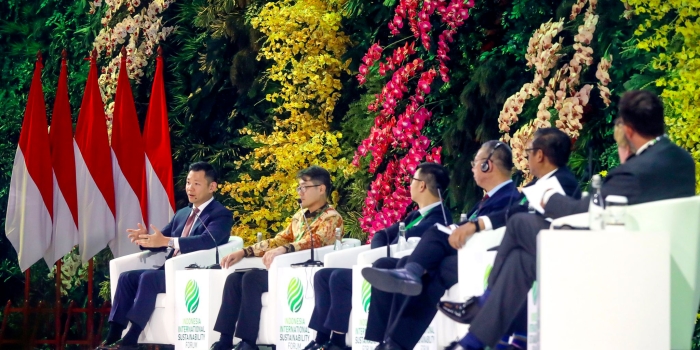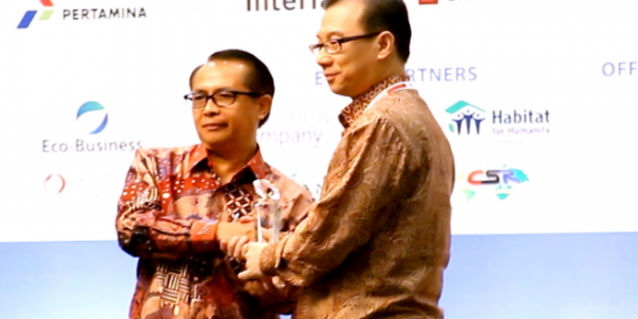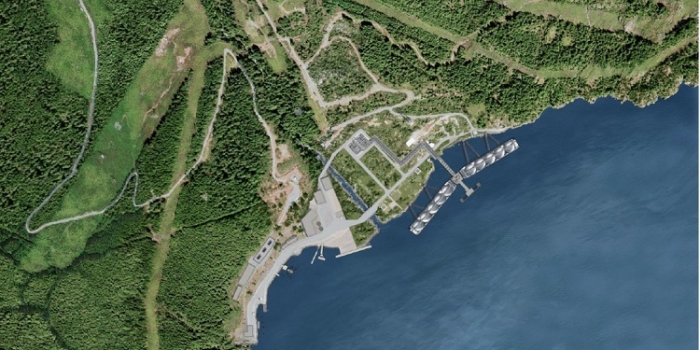This article is adapted from ‘RGE focuses on Brazil, boosting investments through Bracell’ which was originally published on Valor Econômico.
At the centre of RGE’s business strategy is Brazil, where the group operates through Bracell, a Brazilian producer of dissolving and bleached eucalyptus pulp and one of the most prominent investors in Brazil’s forestry sector.
With more than $35 billion in assets and 70,000 employees globally, RGE manages a group of resource-based manufacturing companies with global operations. It also manages Asia’s leading pulp and paper companies, APRIL and Asia Symbol. Headquartered in Singapore, the group is currently the second-largest producer of market pulp in the world.
In addition to the billion Brazilian Real investment to acquire and expand the former Lwarcel plant in Lençóis Paulista, São Paulo, Bracell is also investing R$2.5 billion in a mega tissue paper mill in the same town and another R$2.5 billion in a plant to produce chemicals used in pulp production. In 20 years of operating in Brazil, Bracell’s investments have exceeded R$30 billion, equivalent to US$6.5 billion.
“Brazil is the sweet spot of the global pulp industry,” Praveen Singhavi told Valor in his first interview as Bracell CEO, a position he has held for about a year. Neither Brazil nor RGE, however, is new to Praveen. Before Bracell, he led APRIL as President for 16 years and has also previously led one of the global agricultural commodities trading companies present in Latin America.
According to Mr Singhavi, major investors are looking at Brazil due to the combination of government support for the pulp and paper industry and the existence of a mature ecosystem that contributes to the local industry. Added to these factors is the fact that raw material produced in Brazil is one of the lowest in the world, making it cost-competitive. It’s no surprise that the country is now the world’s largest pulp exporter.
Between its mills in Bahia and São Paulo, Bracell is capable of producing up to 3 million tonnes of kraft pulp or 2 million tonnes of dissolving pulp annually. To transport its production abroad, it further invested R$1 billion in a shipping terminal at the Port of Santos, São Paulo. RGE uses dissolving pulp produced in its Brazilian mills to produce viscose and non-woven fibres, a natural, sustainable, and biodegradable material that is commonly found in clothing, home textiles, and personal hygiene products such as baby wipes and beauty masks. RGE is also the world’s largest viscose producer through Sateri and Asia Pacific Rayon.
With the acquisition of OL Papéis in 2023, Bracell now operates two tissue factories in Brazil with a capacity of 50,000 tonnes per year. These tissue products are marketed under the Familiar and Absoluto brands. “Brazil is an important tissue market, and we see opportunities for further growth,” Praveen remarked. Bracell is now installing an additional 240,000 tonnes of capacity at a new plant in Lençóis Paulista, which will be scheduled to start operating in the second quarter of 2024.
Bracell’s upcoming project entails a R$300 million investment over two years aimed at modernizing its plant in Bahia that produces rayon-grade dissolving pulp and speciality-grade dissolving pulp, a higher-quality fibre for medicines, food, cosmetics, and more. The Bahia mill was RGE’s entry point into the country when it acquired the former Copener Florestal and Klabin Bacell in 2003.
Regarding sustainability, Mr Singhavi highlighted one of the sector’s most ambitious conservation goals known as the one-to-one commitment: for every hectare of land planted, an equivalent hectare will be conserved. Currently, Bracell is close to achieving this commitment, with the progress currently standing at almost 90%.






